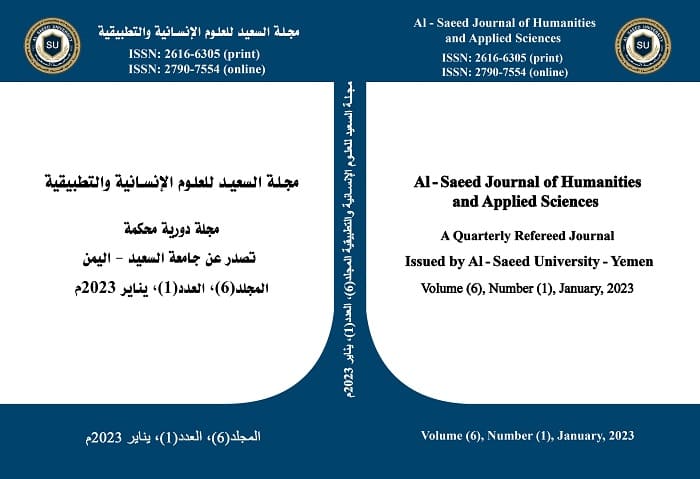قاعدة الضرورة تقدر بقدرها والاستثمار التنزيلي المعاصر
DOI:
https://doi.org/10.59325/sjhas.v6i1.123الكلمات المفتاحية:
ضرورة، حاجة، معاصرة.الملخص
القواعد الفقهية الكلية المجمع عليها يجب على الناظر في الفقه ونوازله أن يضبطها من جهة المعرفة بها ومن جهة معرفة مستنداتها وقوتها وكيف تعامل معها الفقهاء وكيف يستثمرها في المستجدات المعاصرة.
ومن أهم هذه القواعد التي شاع استعمالها في الفتاوى المعاصرة قاعدة الضرورة تقدر بقدرها. والملاحظ أن استعمالها التنزيلي في وقائع العصر قد يكون استدلالا جمليا كليا غير منضبط، لهذا حاول هذا البحث معالجة المسألة ببيان هذه القاعدة وأهميتها ومستندها وأنها من القواعد التي تعضدها أصول الشرع وأدلته والضابط لإلحاق الحاجات منزلة الضرورات وأن هناك توسعا كبيرا في عصرنا في هذه الجزئية مع أن الفقه الإسلامي لا يدل على هذا التوسع، ثم تناول البحث قوانين ضابطة لاستعمال قاعدة الضرورة تقدر بقدرها، ومن ثم بيان الاستثمار التنزيلي المعاصر في مختلف الأبواب والقضايا الفقهية المستجدة. وختم البحث ببيان أن القاعدة ضابطة لقاعدة الضرورات تبيح المحظورات، وأنها قاعدة الحاجات لا تلحق بها إلا بما تعلق بالضرورات فقط، وأن هناك قوانين حاكمة لاستعمال قاعدة الضرورة ذكرنا منها عشرة.
التنزيلات
منشور
كيفية الاقتباس
إصدار
القسم
الرخصة
يحتفظ الباحثون بحقوق النشر. ويتم ترخيص البحوث بموجب ترخيص Creative Commons CC BY 4.0 المفتوح، مما يعني أنه يجوز لأي شخص تنزيل البحث وقراءته مجانًا. وإعادة استخدام البحث واقتباسه شريطة أن يتم الإشارة إلى المصدر الأصلي. تتيح هذه الشروط الاستخدام الأقصى لعمل الباحث وعرضه.



